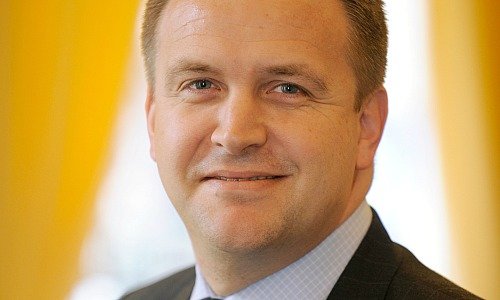UBP Undeterred by Oil Price Drop
The head of Union Bancaire Privee’s private bank says the Middle East is still rife for business despite a drop in the price of crude oil which has weighed on project finance as well as commercial and investment banking.
Geneva-based UBP is still upbeat on business with wealthy clients from the Middle East, despite a sharp drop in the price of oil, according to private banking head Michel Longhini.
«Within the market, we see a very positive trend for us,» Longhini says in «CPI Financial», a publication specialized on finance in the Middle East. «We have not yet experienced any significant impacts.»
Not Just Old Families
Longhini sought to debunk the conventional wisdom that wealth in the Middle East is in the hands of an elite few traditionally connected to the royal families.
«It’s a good balance between both – wealth creation and accumulation – a mix of the old families such as the merchants and the new entrepreneurs in sectors like IT and real estate,» he said.
Four Deals, Five Years
He said that UBP has done four deals in five years – Coutts’ international arm, Lloyds private bank outside the U.K., fund of hedge fund house Nexar, ABN Amro's Swiss private bank – are emblematic of consolation in the Gulf region as well.
«We have made four acquisitions in the past five years, and two of them had a really significant impact on our presence in this part of the world,» Longhini said, referring to Coutts and Nexar.
Hunt for Yield
The oil slump as well factors such as historic low or even negative interest rates has led to dramatic changes in client behavior, Longhini says.
Real estate investments are coming into sharper focus in the hunt for yields, as well as high-yield bonds from emerging markets, equities, private debt and direct investments such as directly taking an equity take or club deals, Longhini said.
Volatility an Asset Class
Private investments such as debt deals – where the wealthy invest directly into private loans – is one of a series of specialist investment areas open only to the wealthiest.
«These are new things that clients look for as they are always on the hunt for yield,» Longhini said.
Volatility itself is an asset class, because excess presents the opportunity to build structures around it for clients, Longhini said.



























